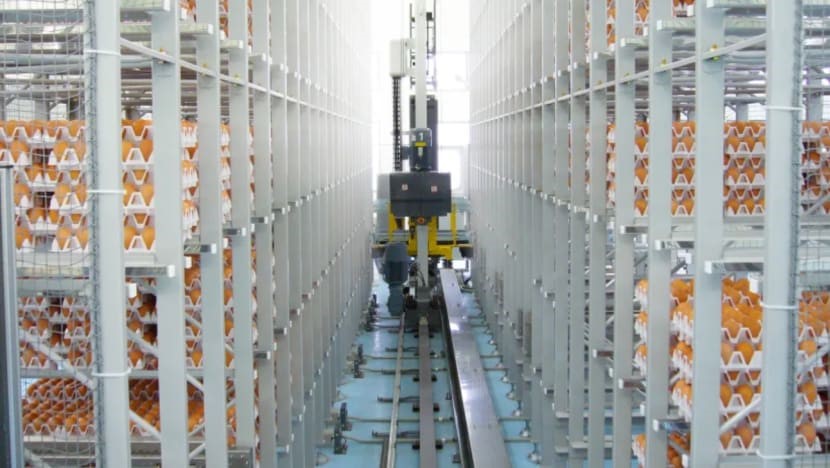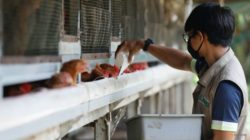SINGAPORE: As part of an integrated manufacturing complex, Singapore’s fourth egg farm will commence operations in 2024.
After getting authorisation from the Singapore Food Agency (SFA) to develop a commercial egg farm on around 10ha of property in Lim Chu Kang, local operator ISE Foods Holdings (IFH) announced this on Tuesday (Oct 25).
The company is sponsored by ISE Japan, Japan’s largest egg producer, which also has interests in the United States, China, Vietnam, and Thailand.
The integrated egg production plant also contains a day-old chick hatchery in addition to the egg farm.
According to ISE Food Holdings, when fully operational, it will be able to produce 360 million eggs and up to 5 million day-old chicks every year.
“This can improve Singapore’s egg industry’s capacity to collectively meet roughly half of Singapore’s demand for eggs, up from about 30% presently,” it added.
The integrated facility’s construction will commence in stages in the first quarter of 2023.
From the initial importation of day-old chicks that would eventually become the parents of other day-old chicks that lay eggs for consumption, the farm will be the first in Singapore to have the whole ecosystem of egg production.
The existing egg farms in Singapore only import day-old chicks that lay eggs for human consumption.
According to ISE Food Holdings, cutting-edge technology is being developed in partnership with the National University of Singapore to provide a live round-the-clock remote monitoring system.
“AI picture recognition technology will be employed to detect, in real-time, the environment within the farmhouse as well as any aberrant clinical indications in the hens,” it stated.
“It will also enable the farm to prioritize its human deployment for higher value operations by automating many agricultural tasks.”
Source: CNA










